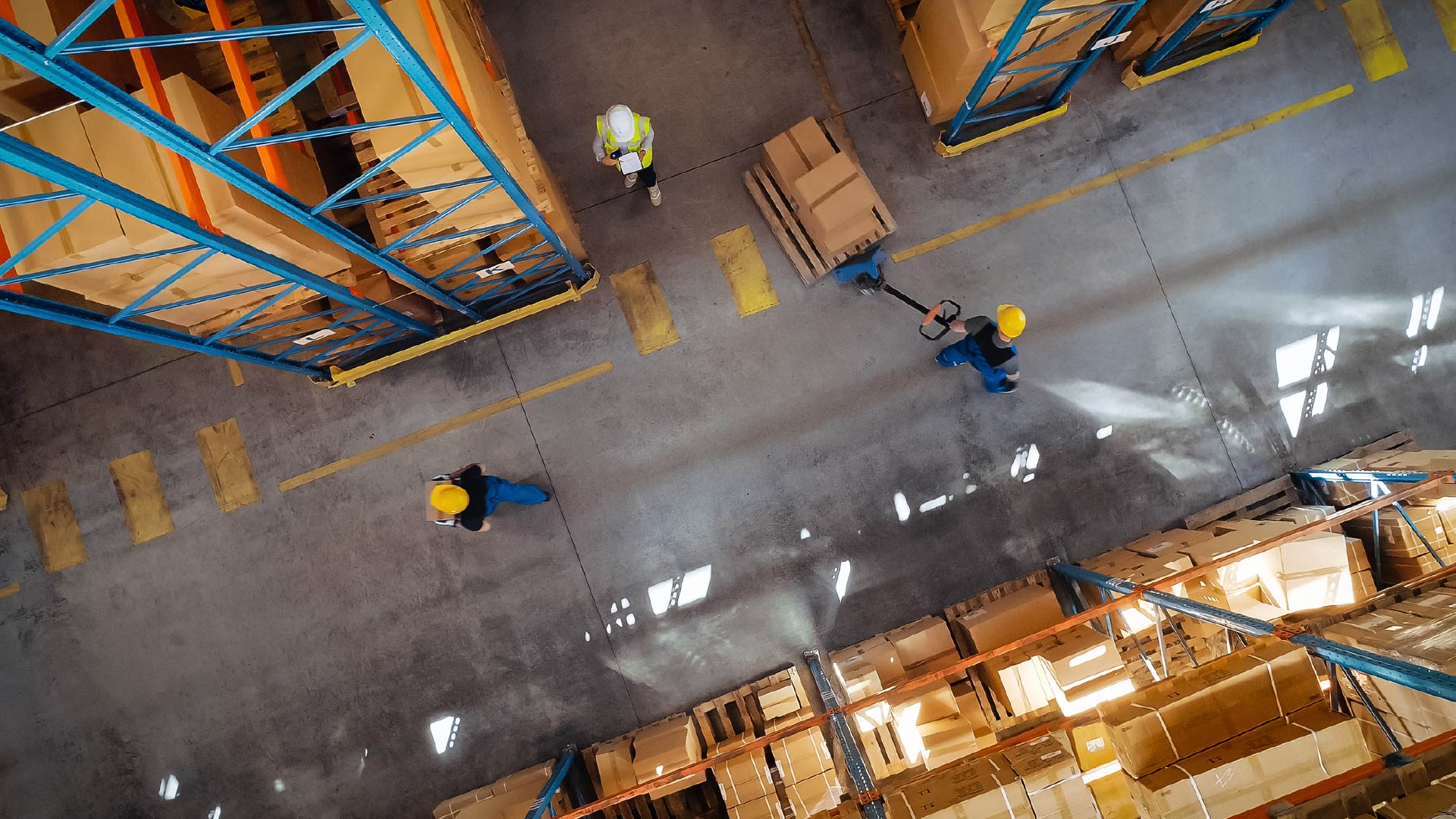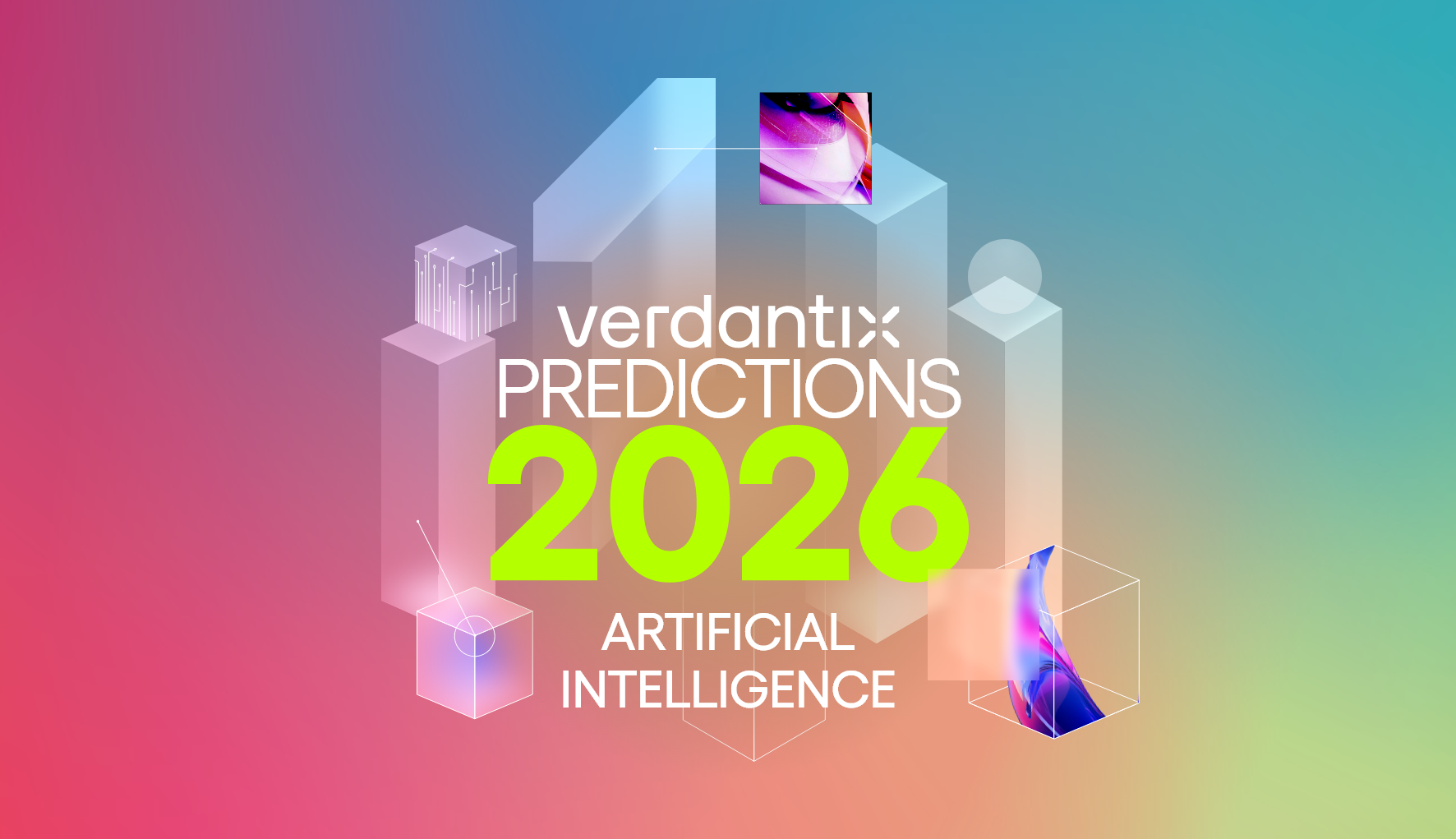How Browser-Use Agents Will Transform Industry And Enterprise (And Why They're Not Ready Yet)
Browser-use agents are a new wave of AI-powered tools that promise to redefine how we interact with the web. Designed to autonomously navigate websites, retrieve information, and even execute transactions, these agents are poised to streamline everyday tasks and potentially revolutionize complex digital workflows. However, despite their significant promise, early tests reveal a gap between their capabilities and the demands of more intricate processes.
Several examples illustrate the current state of browser-use agents. One notable player is American open-source start-up Browser Use, which developed a platform enabling AI agents to interact seamlessly with web interfaces. The firm has attracted $17 million in seed funding led by Felicis Ventures and garnered impressive community support with 50,000 GitHub stars and over 15,000 active developers. Its solution outperforms competitors, achieving an 89% score on the Webvoyager benchmark. By contrast, Anthropic’s browser agent, Computer Use, released in October 2024, registers a score of 56% and requires the use of the Claude API. OpenAI has also entered the space with its Operator web agent, which costs $200 per month and earns an 87% score.
For industrial enterprises, these agents could address some critical challenges. The multiple software solutions, business systems and operational technology (OT) systems deployed across an industrial facility are often siloed and poorly integrated, leading to cumbersome daily workflows. This issue is further compounded by a retiring workforce that creates a significant knowledge gap; 58% of respondents to the 2025 Verdantix industrial transformation survey cite labour shortages due to aging and retiring staff as a key driver for digital transformation. Browser-use agents can help overcome these issues by offering streamlined access to information and simplified processes. Additionally, by removing repetitive administrative tasks, the technology can enable employees to focus on higher-value work, which can lead to greater employee satisfaction and motivation
Despite their potential, current browser-use agents are not yet ready for enterprise deployment. They excel in simple tasks – such as searching for news articles or navigating e-commerce sites – but will struggle with the multi-step, nuanced processes typical of industrial applications. These agents remain largely generic and require fine-tuning of reasoning models for specific workflows. Ultimately, a fully automated system like this is not ideal; human oversight is essential. In fact, 78% of respondents to the industrial transformation survey expressed a lack of trust in AI-generated insights, highlighting the need to keep humans in the loop.
The potential of browser-use agents offers an optimistic vision for the future of industrial SaaS. The technology offers a promising bridge for integrating disparate systems and easing the transition amid workforce challenges. But despite these advancements and the excitement surrounding them, the technology is not yet ready for full-scale enterprise adoption. Continued development – particularly in targeting complex workflows and integrating essential human oversight – will be key to realizing browser-use agents’ transformative potential.
About The Author

Henry Kirkman
Industry Analyst





